Why Torquay?
After 35 years in corporate life I have recently fulfilled a long-term ambition to shift my attention to organizational consulting. This is a humbling experience as I interact with people of exceptional talent who have introduced me to often heard but poorly understood concepts including Wilber’s Integral Framework, Nick Petrie’s work on vertical leadership, and the focus of my current work, Dr Theo Dawson and the brilliance of Lectica.
I hear you say what… who…?
So let me share a story with you about some conversations I had recently with someone from the HR community and how Lectica and more specifically the LDMA (leadership decision making assessment) can add real value to the often imprecise science of talent identification and development.
Sally is the HR Director of a large publicly listed company that has experienced significant growth through aggregation and acquisition. She has recently been tasked by the CEO to ensure the business has the human capital to support business growth as they are starting to feel constrained by the lack of available talent.
Her task? Identify those executives with talent and build a robust talent identification and development program to support this need.
Performance and Potential Matrix
Sally, as I have done on many occasions, is responding to this need by building a talent program incorporating assessments using a nine segment “Performance and Potential” matrix. The “P&P” matrix is a useful tool for categorizing employees through the lens of performance in current role and capability for future roles.
Sally also knows that this process often takes 18 months to three years to mature given the method of assessment is based on the collective subjective perception of employees often supported by behavioral psychometric inputs, and/or 360 degree feedback.
Implemented robustly this process can build the talent base of a business especially when guided with maturity and insight.
But at what cost I ask?
The process often confuses effort, “likeability” and the employee’s internal profile with capability.
The intent of the process can be ambushed by personal biases in the form of unstated objectives, dislikes and prejudices like “Kim won’t work out, she’s from banking not insurance”. A Colleague of mine Pete Holliday has written several articles on this including how to apply performance based vertical assessments, which are superior to previous methods of assessments.
Current approaches often miss our talented employees or place misguided faith in others. The process of calibration (generally by a senior management team supported by HR), often takes one to three years. Too late for Kim however as she’s moved on to a role with your competitor.
So it is against this backdrop that I suggested to Sally that she apply the use of Lectica to enable an objective performance based assessment and discussion about an employee’s capability whilst identifying specific areas of development.
What is Lectica?
Lectica is a capability assessment tool that emerged out of Harvard University and the work of Dr Theo Dawson. Dr Dawson and her team have shown us how capability can be validly assessed and specific development needs identified. She shows how we can build capability by applying advanced adult learning principles and Lectica test takers on average double the amount of leadership learning in a single year, particularly when combined with coaching and targeted development. Astoundingly, the research indicates an increase in the capability of the test takers subordinates as well!
I recommended this tool to Sally as I know that it will introduce rigour and pace into the process and deliver results to the business more quickly.
Sally asked me “but we’ve had assessment tools and leadership training approaches available to us for years, what’s so different about Lectica?”
I said to Sally, “Imagine this, we can now accurately and rigorously assess the capability of employees whilst concurrently identifying their specific development needs. We can now build employees’ leadership decision making capability with a more immediate impact on your ROI. In fact Lectica has measured improved ROI differences of a third of the time for the application of capability over traditional forms of leadership development”.
I summarized by saying to Sally, “There is no other tool that validly assesses a person’s capability and describes their development needs”.
Sally also asked me “How else can I use Lectica?”
I told her “Lectica can be used for:
· Coaching and development
· Recruitment assessment
· Talent management
· Employee development
· Leadership development”
So “why Torquay” I hear you ask?
Torquay is located on the Victorian west coast and is famous for it’s world class surfing industry. The spiritual home of RipCurl and Quicksilver and the near location of the world famous Bells Beach.
What an inspiring location to be talking about the leading global thinkers on organizational capability and our relationships with them. So it was against this backdrop that I and my colleagues at Cornerstone Integral spent three days in a retreat to enhance our own understanding and application of this knowledge and how we can make it accessible to our clients like Sally and our friends by acting out the important role of thought “Translators”
If you would like to learn more about our new approach to talent management mentioned in this post, along with how the Integral Framework can help you transform your organisational performance to the next level. Please call us on 1300 133 550 freecall or Contact Us to have a free consultation with one of our experienced consultants.
My last question to Sally was, “Sally, when are we ready to go…”


